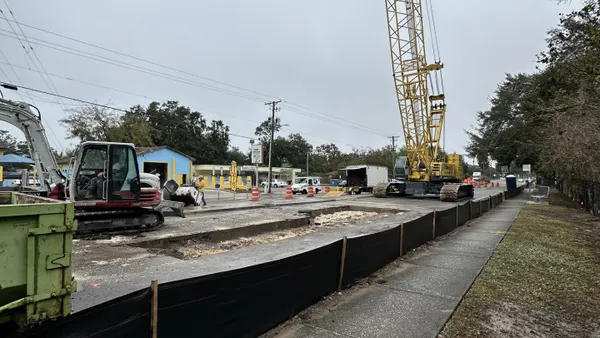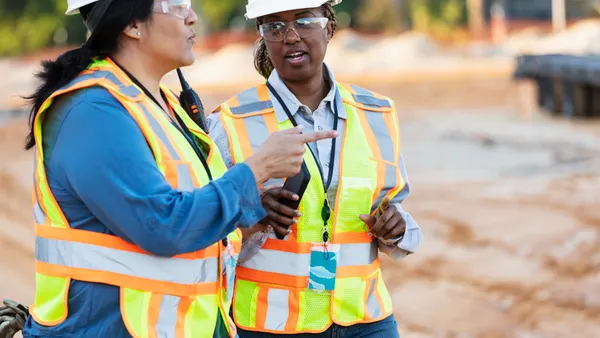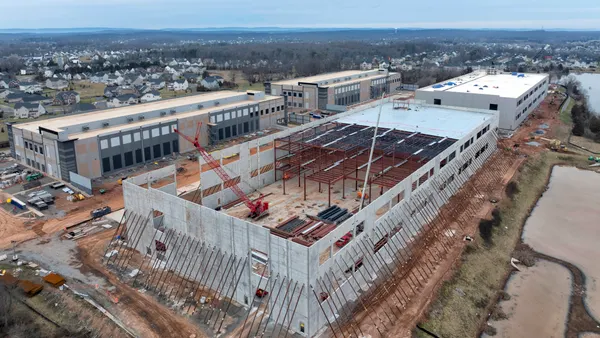Dive Brief:
- The Virginia Commonwealth Transportation Board has approved a $14.4 billion, six-year transportation improvement program that will fund a variety of highway, bridge and transit projects, according to Equipment World.
- Highways will get a $10.7 billion share of funding, with the remaining $3.7 billion to be spread out among the remaining transportation projects.
- The plan will also finance the first projects approved under the state's new SMART SCALE project prioritization and ranking program, which scores potential projects based on a variety of criteria in an effort to determine which will offer the greatest return on investment for taxpayers.
Dive Insight:
Virginia officials said the SMART SCALE scoring process — which considers safety, congestion, accessibility, economic development, environmental quality, and land use qualities of each potential project — would increase "transparency and accountability" in the state decision making process behind funding of the state's infrastructure projects. The Virginia Department of Transportation (VDOT) said economic development and safety carry the heaviest weight in the scoring process.
In April, Maryland Gov. Larry Hogan vetoed a similar bill requiring projects to be ranked by nine criteria before approval and funding. Hogan and his administration said the bill was meant to "chip away" at his decision making authority, but advocates of the scoring process said it would provide more transparency into how projects were selected. Democrats assumed Hogan would veto the bill, so they sped up its presentation to the governor to have time to override, which the Maryland Senate did by a vote of 29-17. Hogan called the bill "the worst kind of policy" and said it had "the potential to once again put Maryland roads and highways on a path of neglect and underinvestment."
VDOT officials said the state will most likely kick off its state transportation overhaul with highway construction in high-congestion areas in the hopes of alleviating traffic jams.
Several states are grappling with crumbing bridges, roads and highways and are looking at different financing options, especially ones that could optimize their investment dollars. Nebraska and California have turned to gas and sales taxes to finance their needs, while states like Indiana use a variety of sources. States including Georgia, New York and Maryland are exploring public-private partnerships (P3) as a way to stretch their transportation dollars. And earlier this week, the Illinois Department of Transportation announced an $11.2 billion, six-year infrastructure repair program that will tackle approximately 501 deteriorating bridges and 2,523 miles of roads.










